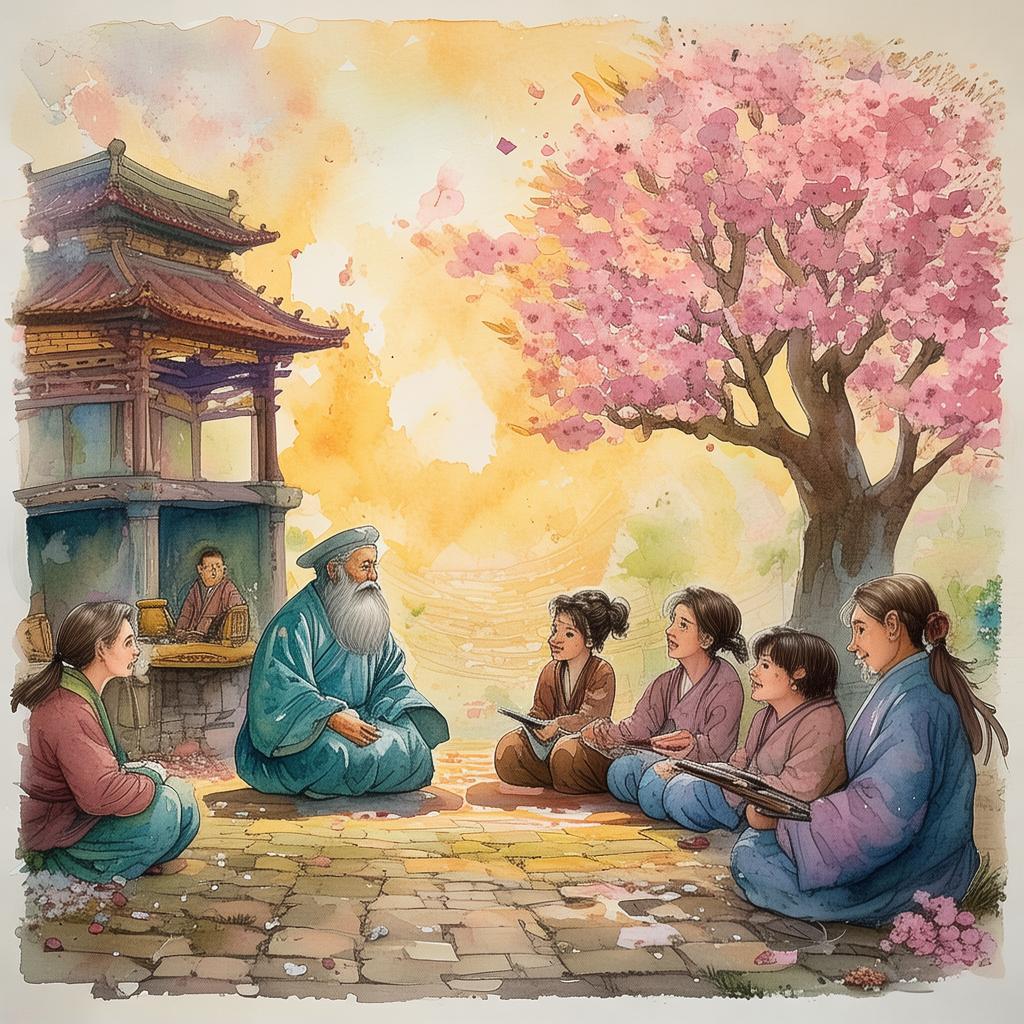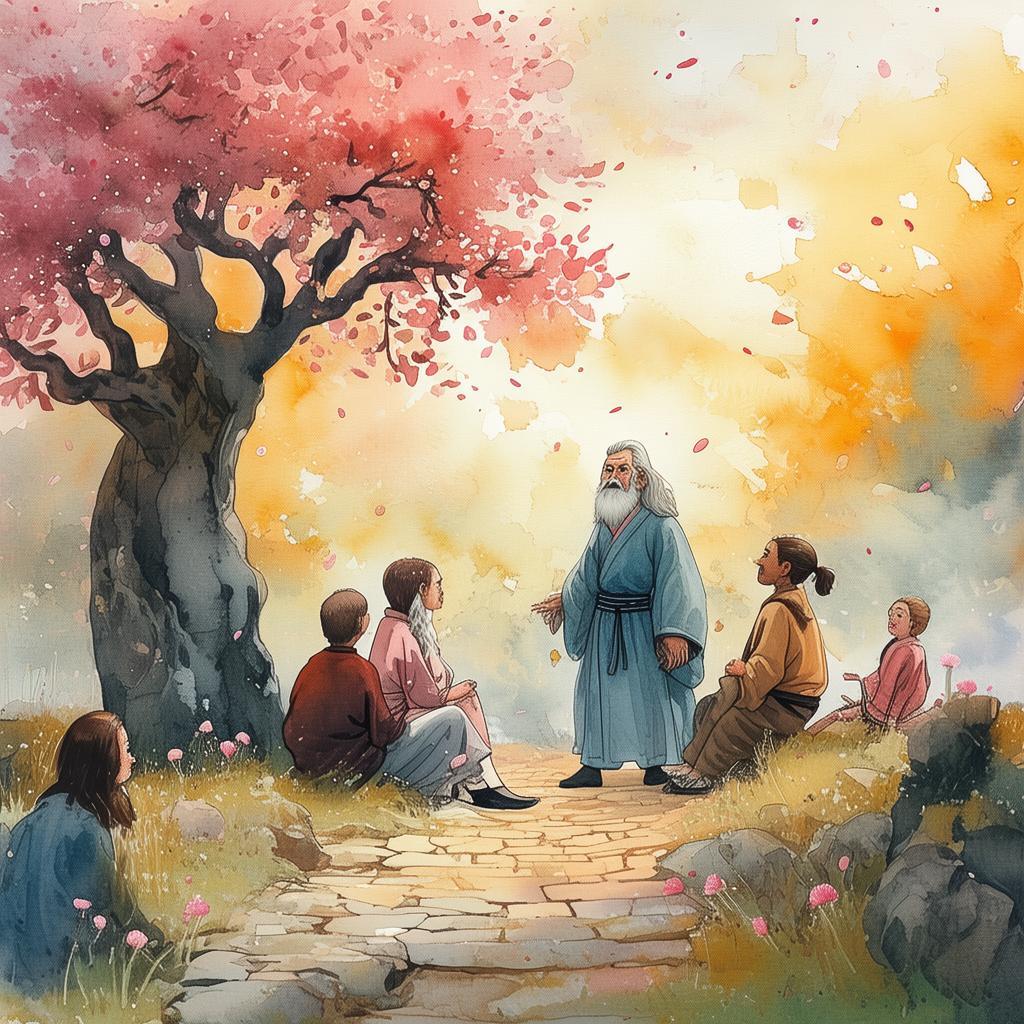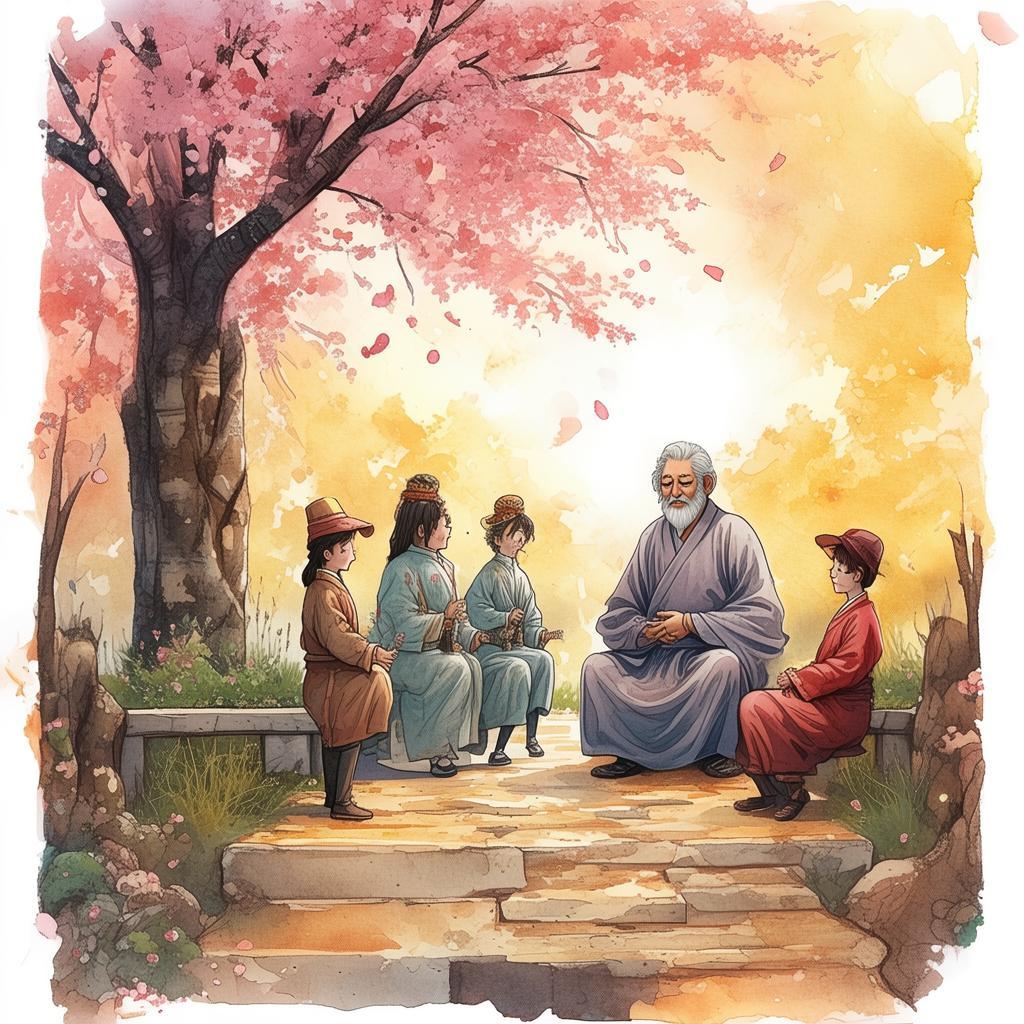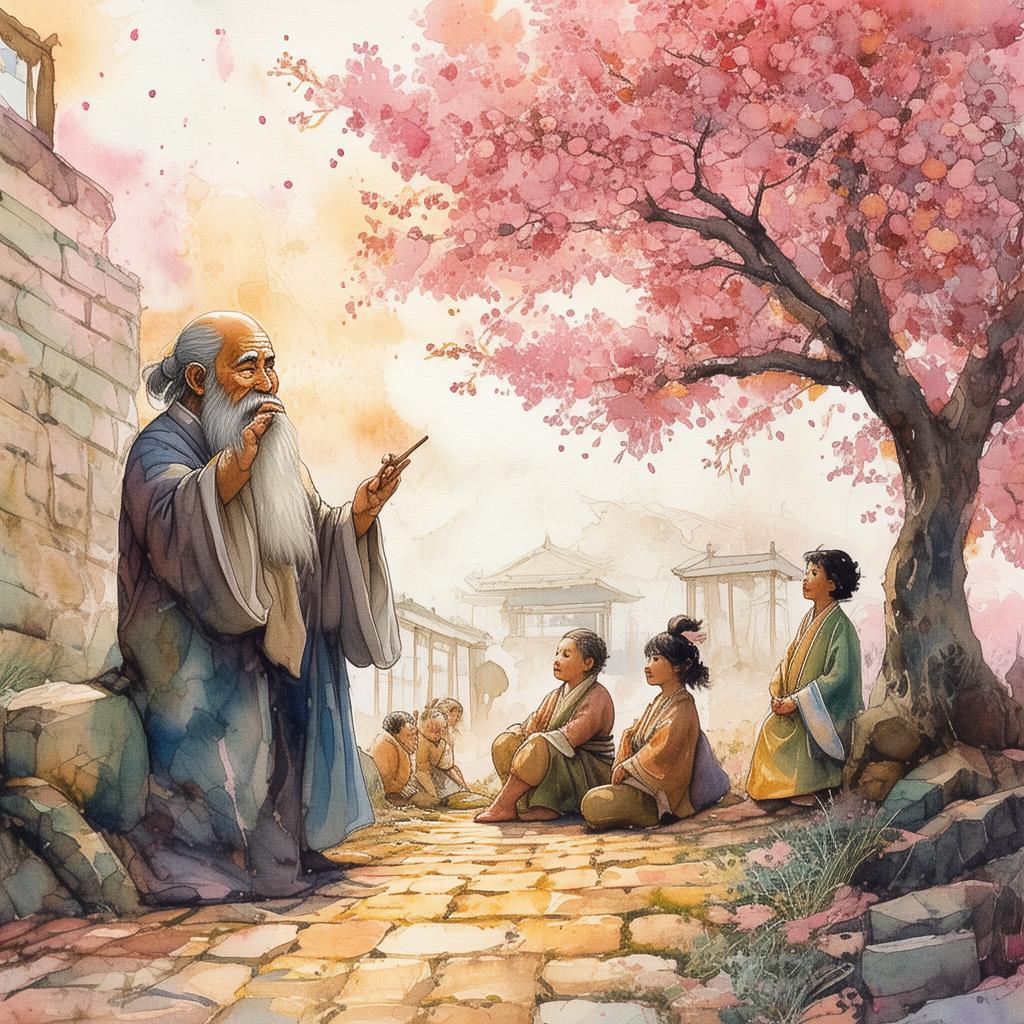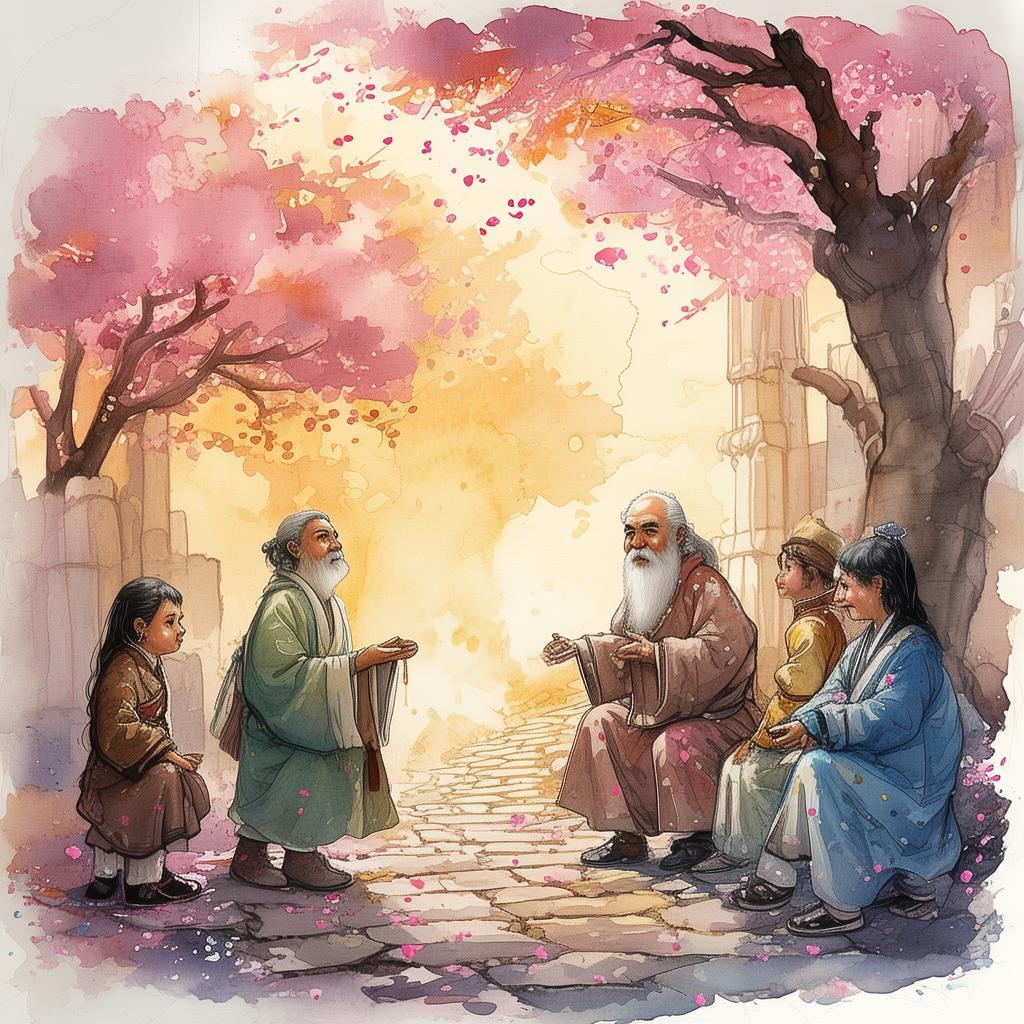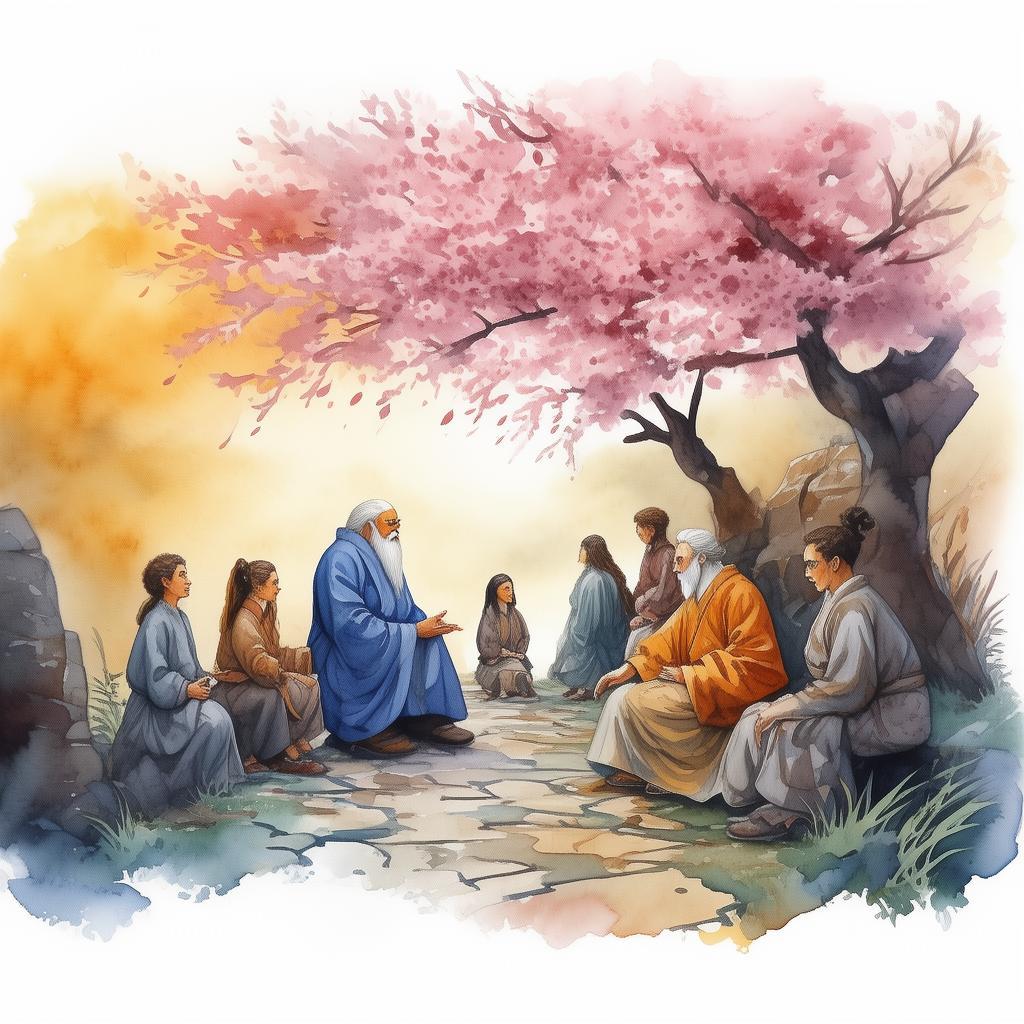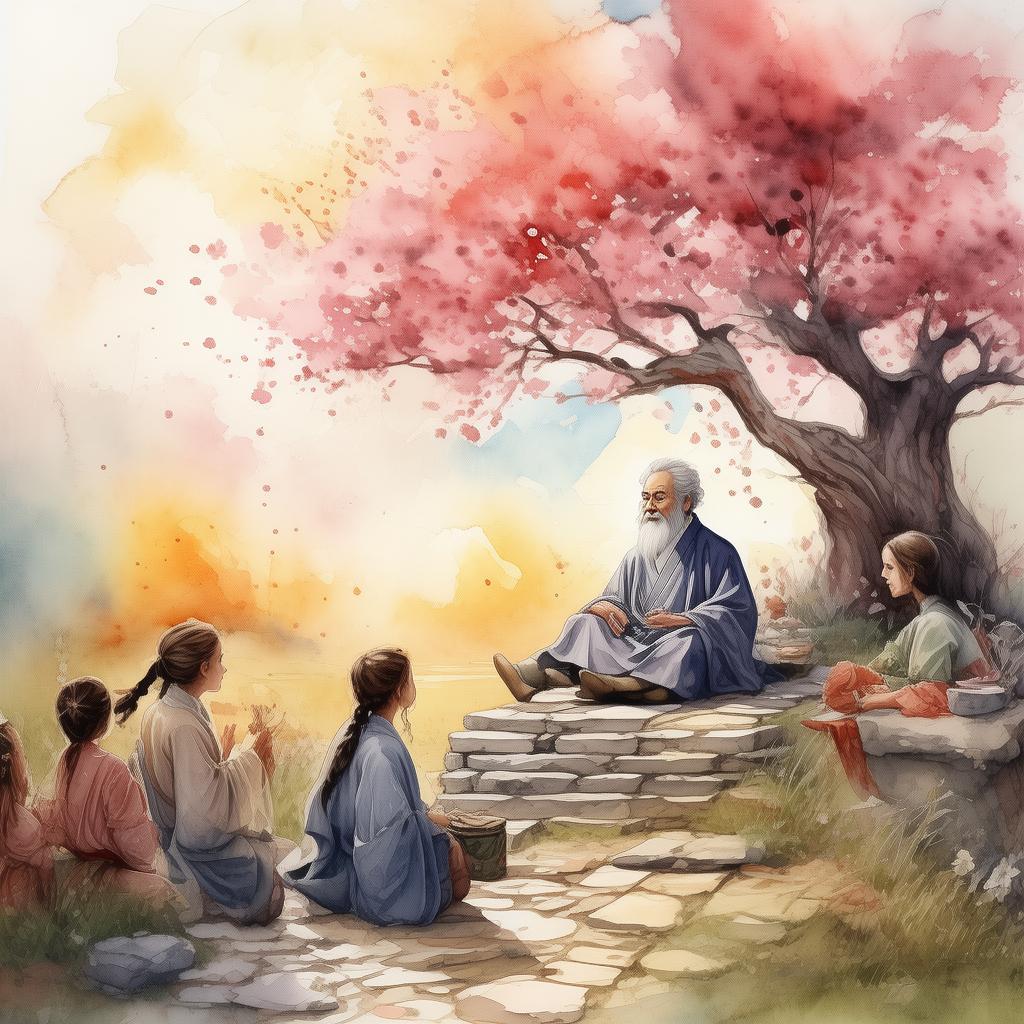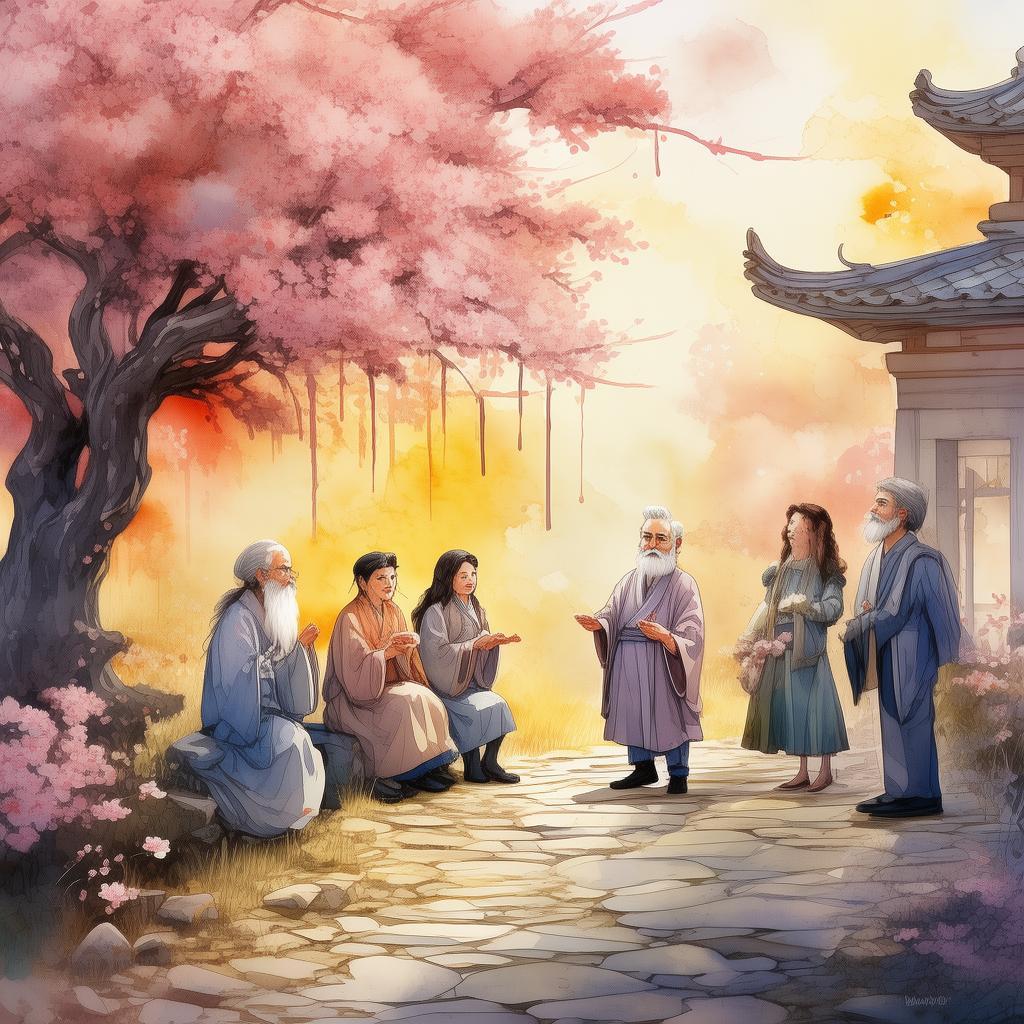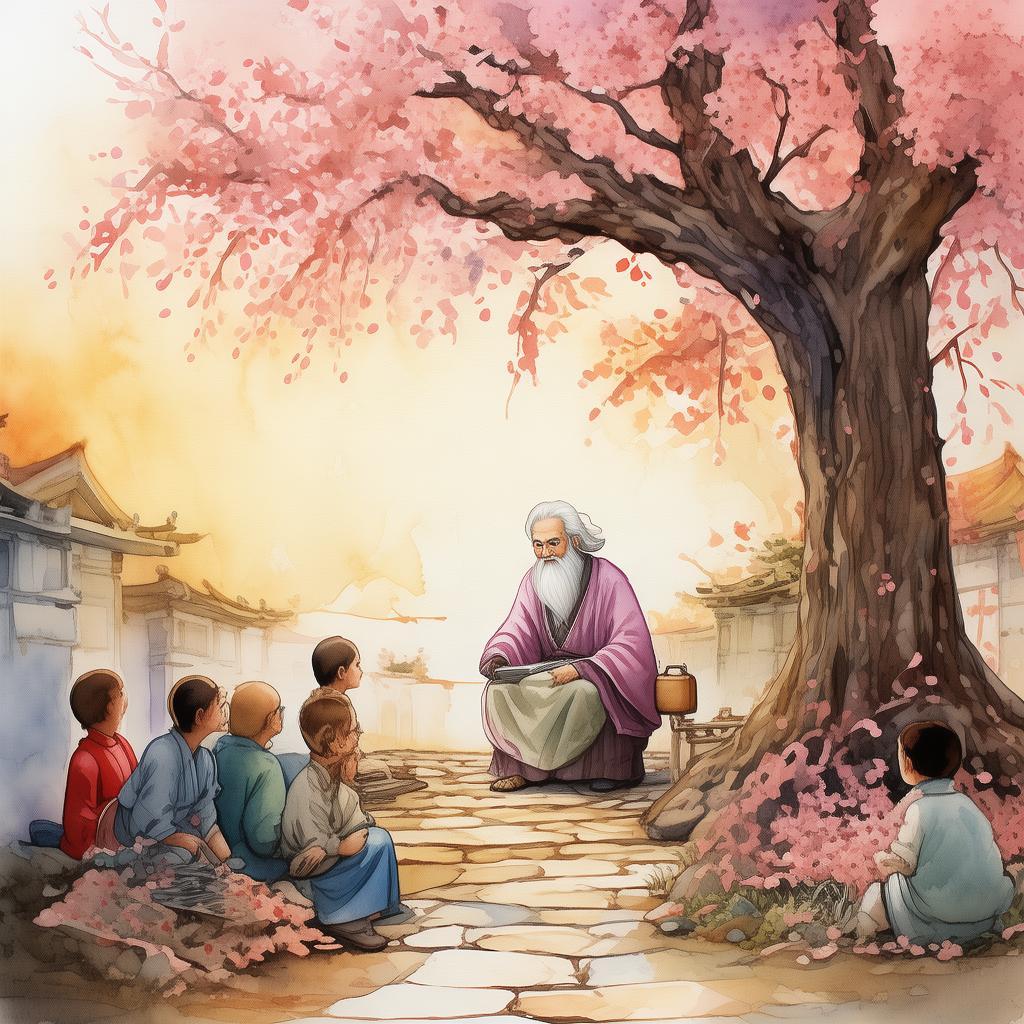The Enigma of the Twelfth Philosopher
In the heart of an ancient library, shrouded in the dust of forgotten knowledge, lay the enigmatic riddle of the Twelfth Philosopher. This riddle had been whispered through the ages, a challenge to the intellect of those who dared to seek enlightenment. It was said that he who solved it would unlock the secrets of the universe, but also bear the weight of a destiny that none could comprehend.
Amidst the labyrinth of shelves, young Lin, a scholar of exceptional intellect, discovered the riddle etched into the ancient tomes. It read:
"I am not alive, yet I grow; I don't have lungs, but I need air; I don't have a mouth, yet water kills me. What am I?"
Lin was captivated. This was no ordinary riddle; it was a puzzle wrapped in a conundrum, a challenge to the very essence of existence. He knew that to solve it, he would have to delve into the deepest recesses of philosophy and the most arcane corners of knowledge.
With the riddle etched in his mind, Lin set out on a journey that would take him through the streets of ancient cities, the mountains of forgotten temples, and the depths of the human soul. Along the way, he encountered mentors and adversaries, each with their own interpretation of the riddle.
In a secluded abbey, Lin met Master Feng, a philosopher whose mind was as sharp as a sword. "The answer is not in the form," Master Feng said, "but in the essence. It is the universal truth that we all seek."
Lin pondered this, but the riddle remained elusive. He traveled to the ruins of an ancient civilization, where he found a statue of a tree, its roots reaching into the earth, its branches stretching towards the sky. The statue seemed to whisper to him, "I am the tree of life, ever growing, ever enduring."
Another mentor, Master Li, an alchemist, introduced him to the elements. "Air, fire, water, earth," he recited, "these are the building blocks of the world. The answer lies in the balance of these elements."
Lin's journey led him to the edge of a vast desert, where he found a mirage, a reflection of the sky upon the ground. It seemed to mock him, "I am the illusion, ever changing, ever fleeting."

The riddle continued to elude him, but Lin's resolve never wavered. He had a feeling that the answer was closer than he thought, hidden in plain sight.
Finally, in the depths of the forest, Lin found himself at the base of an ancient tree, its roots intertwining with the earth, its leaves shimmering with the light of the sun. He sat down, closed his eyes, and allowed himself to be enveloped by the silence.
Then, it came to him. The answer was not in the form of the riddle, but in the journey itself. The Twelfth Philosopher was not a person, but the essence of all knowledge. It was the journey, the quest for truth, that was the true enigma.
With a sense of clarity and peace, Lin returned to the library, the riddle solved. He wrote the answer on the ancient tomes, a testament to his enlightenment:
"I am the journey, the quest for truth, the essence of all knowledge."
As Lin left the library, he knew that the riddle had not only been solved but had also transformed him. He had discovered that the quest for enlightenment was not about finding answers, but about the journey itself.
The story of Lin's journey became legendary, a tale of the Twelfth Philosopher that echoed through the ages. It served as a reminder that the true mystery of life lies not in the destination, but in the journey.
✨ Original Statement ✨
All articles published on this website (including but not limited to text, images, videos, and other content) are original or authorized for reposting and are protected by relevant laws. Without the explicit written permission of this website, no individual or organization may copy, modify, repost, or use the content for commercial purposes.
If you need to quote or cooperate, please contact this site for authorization. We reserve the right to pursue legal responsibility for any unauthorized use.
Hereby declared.

